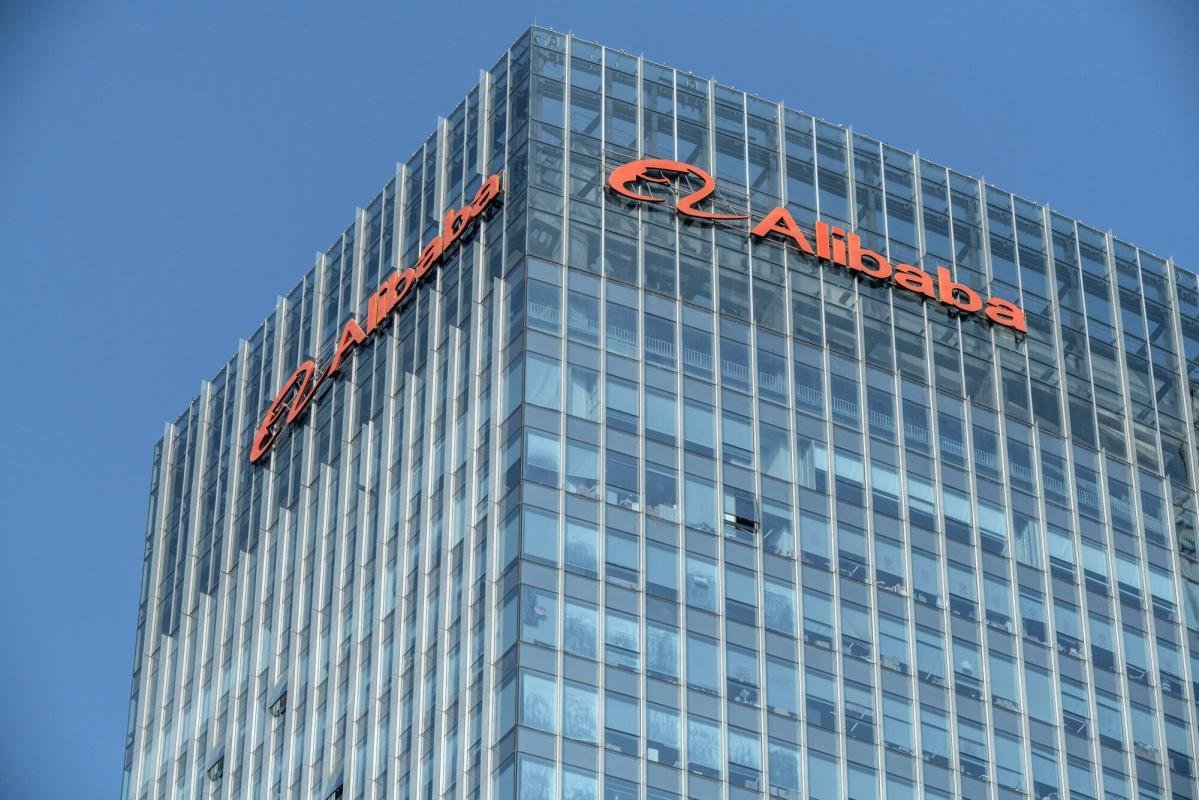(Bloomberg) — Alibaba Group Holding Ltd. led the largest single financing round for a Chinese artificial intelligence startup, the latest in a string of sizeable investments that suggest the e-commerce firm is again deploying capital in the hunt for growth.
Most Read from Bloomberg
-
BYD’s New $233,450 EV Supercar to Rival Ferrari, Lamborghini
-
Stock Rally Stalls at Start of Data-Packed Week: Markets Wrap
-
A Spike in Heart Disease Deaths Since Covid Is Puzzling Scientists
Alibaba joins Tencent Holdings Ltd. and Silicon Valley peers like Microsoft Corp. in placing big bets on generative AI, the technology that powers ChatGPT. It led a $1 billion funding round in Moonshot AI with existing backer Monolith Management, boosting the year-old firm’s valuation eight-fold to some $2.5 billion, people familiar with the deal said. They joined previous backers including the investment arm of food delivery giant Meituan and Hongshan, formerly Sequoia China, the people said, asking not to be identified discussing a private transaction.
Founded in March 2023, Moonshot AI is among the better-known startups developing generative artificial intelligence in China, hoping to eventually match the likes of OpenAI and Google. It rolled out its Kimi chatbot to the public last November and has since launched a platform for developers to build AI applications atop its model. Its valuation stood at just $300 million when it secured initial funding.
Moonshot AI declined to comment on the company’s fundraising details, which were first reported by local media including 36kr. Monolith confirmed its participation in the latest round, without details. Alibaba representatives didn’t respond to requests for comment.
Read More: Billionaires and Bureaucrats Mobilize China for AI Race With US
Alibaba’s new chiefs, Joseph Tsai and Eddie Wu, have pledged to turn around a flagging company hammered by two years of regulatory scrutiny and an economic downturn. It’s driving new investment into game-changing technologies such as AI, while orchestrating a complicated multi-way split that will bring business lines from cloud to logistics to the fore. Tsai has said the cloud unit now hosts half of China’s generative AI firms and serves about 80% of the country’s technology companies.
But they’re getting into a field that’s getting crowded, as venture capital firms and tech leaders pour billions into training and developing AI services, mirroring a wave of activity across Silicon Valley and Europe. Other Chinese AI startups raising significant amounts from investors included Baichuan and Zhipu.
That’s despite lingering concerns about US sanctions, which bar Chinese firms from buying the most powerful Nvidia Corp. chips used to train and run AI models. Washington has targeted China’s AI efforts because the technology has geopolitical and military applications, complicating an already tense relationship.
Alibaba previously joined a $300 million-plus round for Zhipu in 2023 alongside longtime rival Tencent. The company is trying to revive the cloud business and integrate AI and its inhouse model — Tongyi Qianwen — across a sprawling business that also spans entertainment.
Read More: China Startup Deals Plumb Four-Year Low Despite Mega Chip Deals
Most Read from Bloomberg Businessweek
-
Elon Musk’s Vegas Tunnel Project Has Been Racking Up Safety Violations
-
Transcript: Did Musk Buy Twitter to Keep His Movements Secret?
-
Can the Masters of Hipster Cringe Conquer Hollywood With Wall Street Cash?
©2024 Bloomberg L.P.














